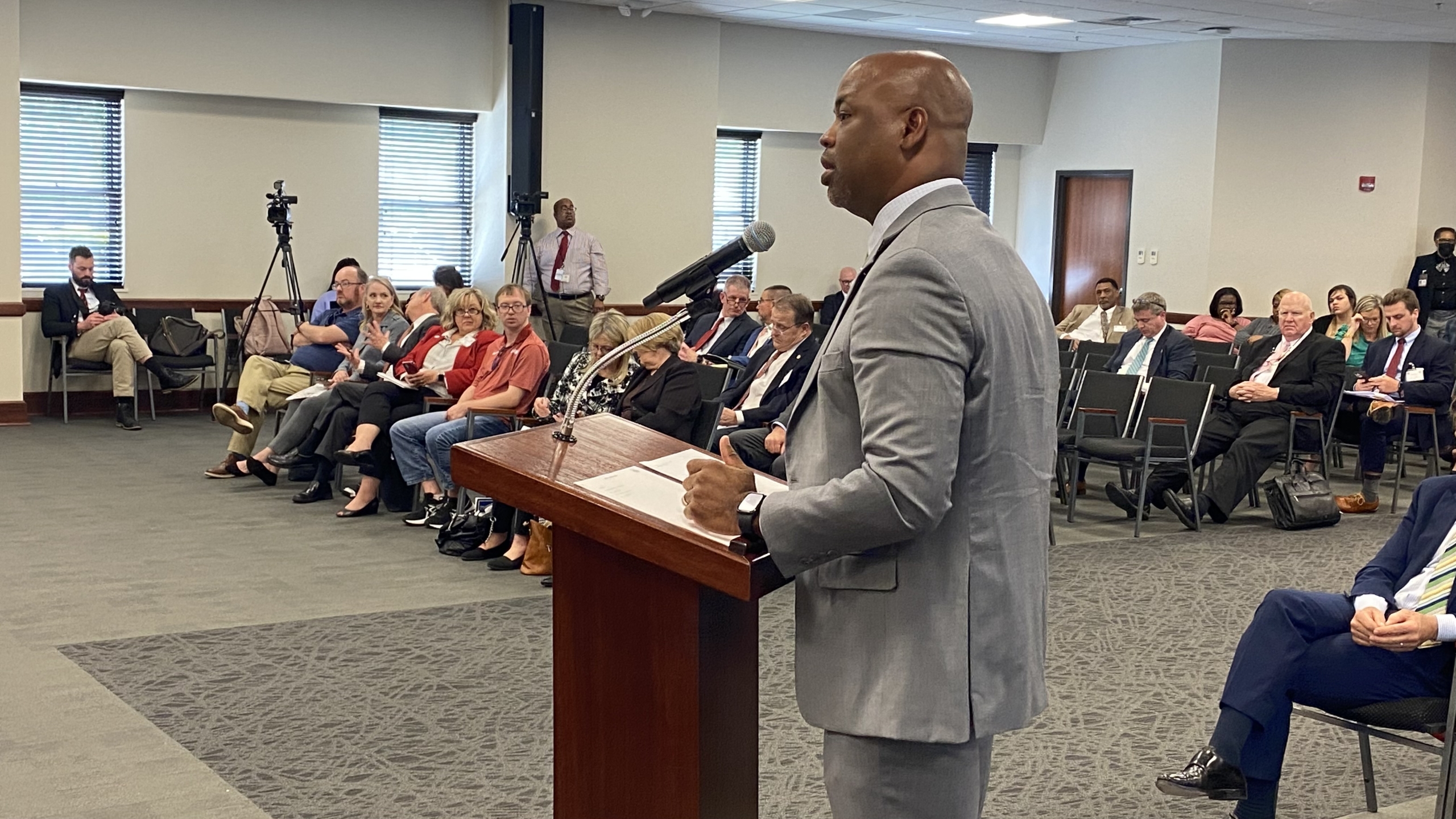State Rep. Chris England, D-Tuscaloosa, has once again brought forward his bill that would create a temporary council to oversee the Board of Pardons and Paroles.
The bill has caused a stir in the last two sessions, with some Republicans pushing back against the idea of creating oversight for an autonomous board despite the board straying far from its own guidelines.
The bill would create the Criminal Justice Policy Development Council to oversee needs and parole guidelines. It will also require those guidelines to be used when it makes parole decisions and must state its reasoning if going against the release guidelines.
Every month, the Bureau of Pardons and Paroles is required to report how its actual rate of granting pardons and paroles stacks up against its own guidelines.
Those statistics consistently suggest about 80 percent of applicants for parole should be granted, while only 10 percent or less are actually granted.
The percentage of paroles granted has bottomed out after declining for several years; just five years ago the board was granting about half of all parole requests.
“This is just another opportunity for us to create desperately needed oversight for the pardons and paroles board,” England said previously. “We’ve had even more examples of decisions made recently that make it obvious that something needs to be done.”
In addition to requiring a written statement when deviating from the parole guidelines, the bill also creates an appeal process for incarcerated individuals who are denied parole in deviation from the guidelines.
“It doesn’t create a situation where this Legislature or this council is taking control of the board’s independent decision-making process,” England said. “But for people who apply for parole, it’s necessary for the guidelines to be considered. It can’t just be— it has to be based on something besides what you were charged with 20 or 25 years ago.”
The bill calls for the parole release guidelines to assess
- The prisoner’s risk to reoffend, based on a validated risk and needs assessment
- Progress by the prisoner in complying with the Department of Corrections’ plan for reentry.
- Input from the victim or victims, the family of the victim or victims, prosecutors, and law enforcement entities.
- Participation in risk-reduction programs while incarcerated.
- Institutional behavior of the prisoner while incarcerated.
- Severity of the underlying offense for which the prisoner was sentenced to incarceration.
- Any interview or statement from the prisoner.
The council would be composed of the executive director of the Alabama Sentencing Commission, the secretary of the Department of Corrections, the director of the Board of Pardons and Paroles, the director of the Legislative Services Agency and a representative from the office of the Attorney General.

















































